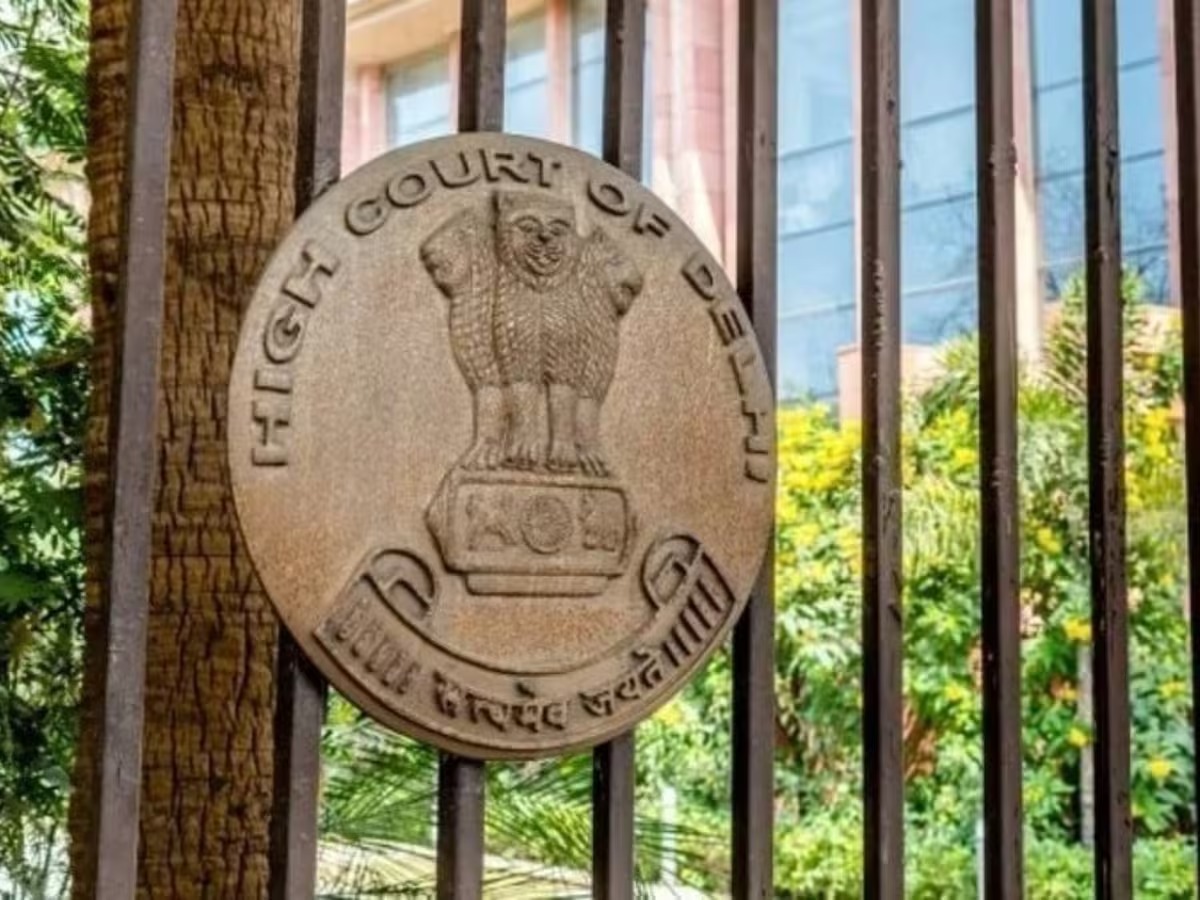1. This is an appeal against a decree in ejectment. The predecessor of the defendants was an under-raiyat under the plaintiff.
2. The main question in this appeal is whether that under-raiyati tenancy descended to the defendants by inheritance. The first Court held that the defendants, predecessor was an under-raiyat with right of occupancy, and that the defendants had succeeded to that right. The lower Appellate Court has held that the defendants had no right of occupancy and were mere trespassers on the land and that the plaintiff was, therefore, entitled to a decree for khas possession of the same. We think that the learned Subordinate Judge who decided the case in the lower Appellate Court was in error so far as he held that the question whether the defendants had a right of occupancy in the disputed land was res judicata. In a previous suit in ejectment which was inter partes the Munsif who tried the suit held that the defendants had no right of occupancy but he dismissed the suit on the ground of its being instituted before the expiry of the agricultural year in which the defendants'' predecessor died. On appeal that decree of dismissal was affirmed on the second ground and the lower Appellate Court came to no decision on the question whether the defendants had a right of occupancy. The decision of the Judicial Committee of the Privy Council in Sheosagar Singh v. Sitaram Singh 24 I.A. 50 : 24 C. 616 : K.W.N. 207 : 7 Sar P.C.J. 124 : 12 Ind Dec. 1079 (P.C) is a clear authority for holding that the decision of the first Court in the former suit did not operate as res judicata in the present suit. But though the lower Appellate Court was wrong on this point and though its judgment is not well-expressed there is a finding apart from that of res judicata which is sufficient to support its decision. It was held that the defendants have failed to prove that the under-raiyati interest of the defendants'' predecessor was heritable under some local custom and that even supposing that their predecessor had a right of occupancy therein this is of no benefit to them unless they can prove local custom of heritability. It is contended on behalf of the appellants that this decision is wrong and that if the defendants'' predecessor had an. occupancy right their right was necessarily heritable. It is now settled law that under ordinary circumstances the right of an under-raiyat is not heritable. No authority has been shown to us in support of the contention that the interest of an under-raiyat with a right of occupancy is heritable.
3. It is contended that unless an under-raiyat with a right of occupancy has the same benefits which the law gives to a raiyat with occupancy rights he will gain no benefit from such a right. But there is one section in the Bengal Tenancy Act which makes a provision for the benefit of an under-raiyat having an occupancy right and that is Section 183. Further it has been held by a Division Bench of this Court in the case of Gopal Mandal v. Tapai Sankhari 44 Ind. Cas. 545 : 46 C. 43 : 28 C.L.J. 81 : 22 C.W N. 618 that an under-raiyat may acquire right of occupancy by custom or usage and is not then liable to be ejected u/s 49 of the Bengal Tenancy Act. We are unable to accept the contention that from this decision it follows that when an under-raiyat has a right of occupancy Section 26 of the Bengal Tenancy Act is applicable. Section 26 is by its terms limited to the case of raiyat in respect of his right of occupancy and cannot be held applicable to the case of an under-raiyat who, as already stated, has not, as such, a transferable right in his holding. In the case of a raiyat his holding is heritable whether he is an occupancy-raiyat or a non-occupancy raiyat. In the case of an under-raiyat who has no right of occupancy his1 holding is certainly not heritable and we can find nothing either in the statutory law or in the case law which would make an exception in the case of an under-raiyat with right of occupancy. We, therefore, hold that the decision of the Subordinate Judge is right on the ground that the defendants having failed to prove that their predecessor''s interest was heritable under a local custom, were trespassers on the land and were liable to be ejected without notice. It is contended that the lower Appellate Court should have decided the, issuer which was raised in the first Court whether the defendants had been recognised as tenants after their predecessor''s death. That issue was decided against the defendants by the Court of first instance. It does not appear that in the lower Appellate Court a contention was raised on the respondent''s behalf that this portion of the first Court''s judgment was wrong. It was, therefore, unnecessary for the lower Appellate Court to record a finding on that issue.
4. We, accordingly, dismiss this appeal with costs.

